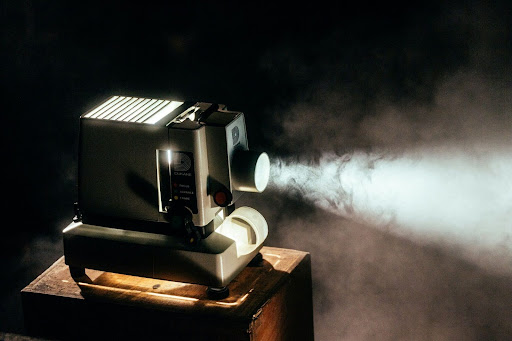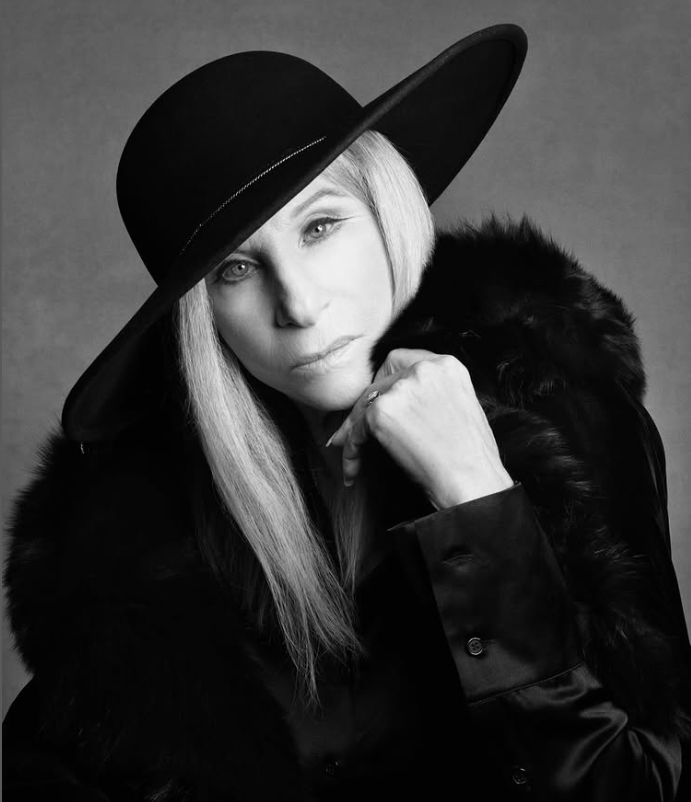Tv
Happy Birthday, David Lynch: The “Twin Peaks” Mastermind’s 5 Best Films, Ranked
20 Jan, 21

Today, January 20, 2021, is David Lynch’s 75th birthday.
The director, screenwriter, musician, and occasional actor has been dubbed one of the most important filmmakers of all time. With a heavy focus in surrealism, his work is instantly recognizable, with the word “Lynchian” having been coined to describe his imitators — or just anything that would otherwise fit in his twisted, fascinating creative universe.
From his feature-length debut in the 1970s to the 2017 revival of his cult television series Twin Peaks, Lynch’s work is generally foreboding and cryptic, often using non-linear narratives, vague symbolism, and open conclusions. While his films have typically garnered mixed reviews, there’s no doubt that Lynch has made a tangible impact on the world of filmmaking and music. He’s made fans out of Quentin Tarantino and Stanley Kubrick, while his frequent collaborations with composer Angelo Badalamenti continue to inspire generations of left-field musicians.
Below, we’ve ranked Lynch’s five best films to celebrate his birthday. From stomach-churning horror to nail-biting mysteries, these are the movies that leave us equal parts perplexed and enamored.
5. The Elephant Man (1980)
In retrospect, the idea of David Lynch directing a movie based on a true story feels unlikely, but only a director as daring as him could pull off a story as heartbreaking as The Elephant Man. The historical drama revolves around Joseph Merrick (referred to as John Merrick in the film), whose bewildering deformities landed him in freak shows in England during the late 1890s.
Named after Merrick’s freak show moniker, The Elephant Man portrays his life from his tormented upbringing in Leicester to his permanent residency at London Hospital, where he would die at the age of 27. The film marked Lynch’s first critical and commercial success, nabbing eight Academy Awards. Special effects makeup artist Christopher Tucker’s work on The Elephant Man prompted the Academy to create the award for Best Makeup and Hairstyling the year after.
4. Eraserhead (1977)
Lynch’s first feature-length film is also his creepiest. Eraserhead stars futureTwin Peaks supporting actor Jack Nance as Henry Spencer, a man who discovers his girlfriend has given birth to a deformed, snakelike specimen with an ear-piercing scream. When the girlfriend leaves out of frustration, the child is left in the hands of Henry, who must evaluate the ethics of raising an inhuman child who constantly suffers in pain.
In addition to taking on sudden fatherhood, Henry must also come to terms with his own distorted views of human sexuality and disgust with the human body. While the expertly crafted dystopian nature of Eraserhead is by no means realistic, Henry’s everyman appeal makes his personal tumult hit especially close to home. And even though Lynch was still a relative unknown at the time of Eraserhead‘s release, its uneasiness would influence another iconic director: Stanley Kubrick, who borrowed elements of Lynch’s filmography and sound design for The Shining.
3. Blue Velvet (1986)
One might think that the box office and critical failure of 1984’s Dune would steer Lynch away from filmmaking altogether. Instead, he returned with Blue Velvet, his first official foray into the surrealist crime stories that have since become his specialty. The neo-noir mystery thriller stars Lynch’s most frequent onscreen collaborator, Kyle MacLachlan, as Jeffrey Beaumont, a college student who accidentally unearths a monumental criminal conspiracy and gets caught up in a dangerous romantic relationship in the process.
Often named one of the greatest films of the ’80s, Blue Velvet is an exemplary introduction to Lynch’s work, as well as a master class in symbolism and the power of a good soundtrack. It also serves as a fitting precursor to Twin Peaks; both Lynch and MacLachlan have said they view the show’s protagonist, FBI Special Agent Dale Cooper, as a grown-up version of Jeffrey.
2. Twin Peaks: Fire Walk with Me (1992)
When Twin Peaks was abruptly canceled after a sharp decline in ratings, Lynch was determined to create an accompanying feature-length film. But rather than divulge the harrowing fate of Agent Cooper, Lynch instead wrote Fire Walk with Me as a prequel, focusing on the life of Laura Palmer in the last week before her death that sent her small town of Twin Peaks, Washington into a frenzy. (Don’t be fooled by its label as a “prequel,” though: You should definitely watch the show first.)
Devoid of the quirky sense of humor that made Twin Peaks so charming, Fire Walk with Me is a true psychological horror, with Sheryl Lee’s spectacular performance breathing life into Laura that we never got to see prior. And while the series tended to depict Laura as a troublemaker who wrote her own doomed fate, the film details the more disturbing reality underneath her homecoming queen allure: a traumatized girl who turns to sex and drugs not for her own amusement, but to cope with years of violent abuse.
1. Mulholland Drive (2001)
Arguably the most complex and thought-provoking film of Lynch’s career, Mulholland Drive was never intended to be a film at all. Originally pitched as a television series to ABC, the surrealist mystery thriller was supposedly conceived as a spin-off story of Audrey Horne from Twin Peaks. While Twin Peaks fans might delight in the possibility of Audrey stumbling into trouble in Los Angeles, Mulholland Drive stands on its own as a powerful exposé on the dark side of show business.
The film stars Naomi Watts as Betty, an aspiring actress who arrives in L.A. and encounters a woman who calls herself Rita (Laura Harring). Rita is the lone survivor of a car accident on Mulholland Drive that has left her with severe amnesia. As the two attempt to find Rita’s true identity, Mulholland Drive unfolds into a distressing commentary on fame, envy, and love in the city of angels.











